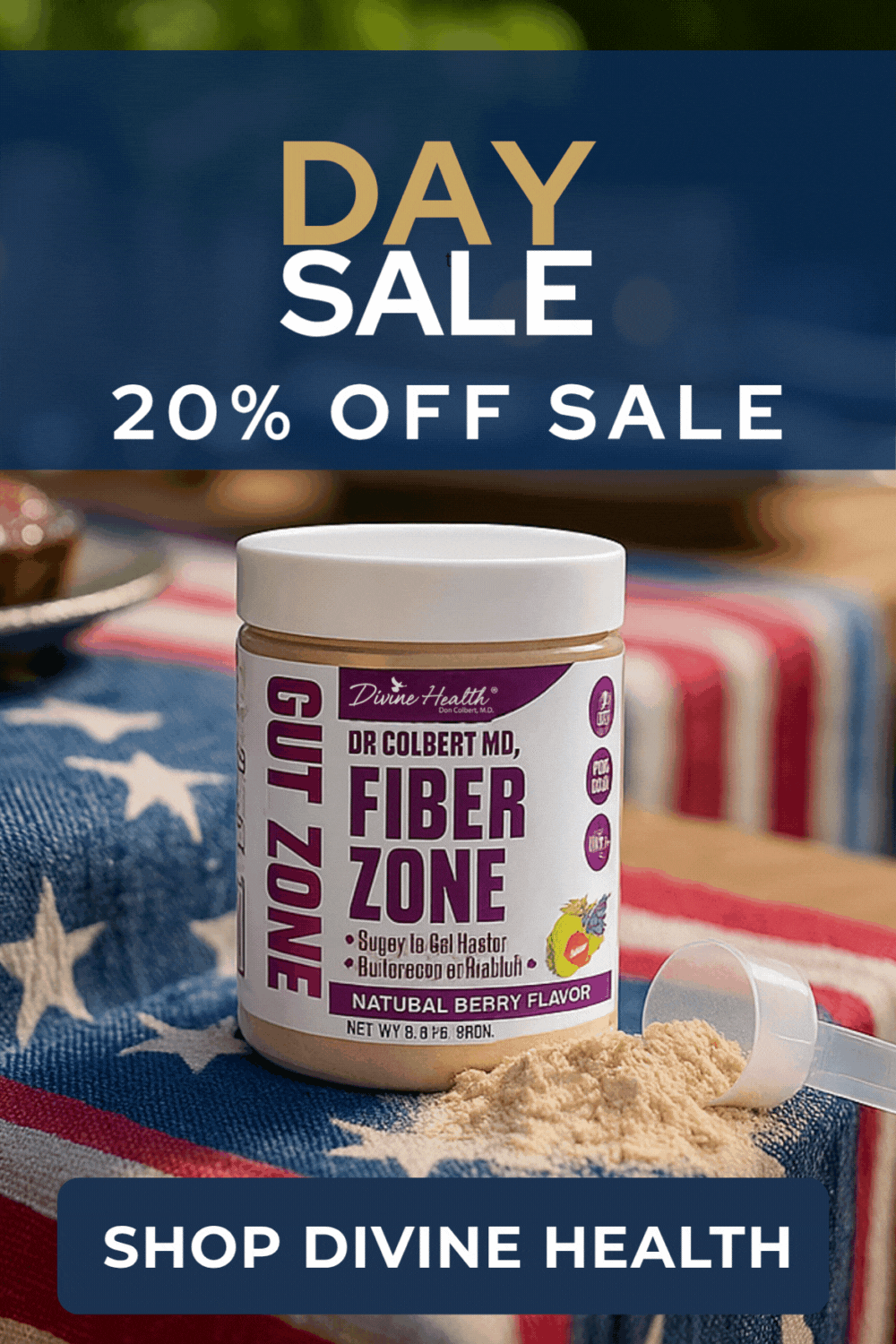Essential oils are potent, concentrated hydrophilic liquids that contain aromatic compounds obtained from organic plant matter, herbs, and flowers. Essential oils have been used for ages as fragrances in beauty products; they are also effective for improving health and wellness since they don’t have any negative side effects.

Numerous studies have indicated the therapeutic uses of essential oils on human health. For instance, rosemary essential oil is highly effective for eradicating ovarian and liver cancerous cells whereas thyme essential oil destroys lung, ovarian, and breast cancer cells.
Although there are numerous essential oils that have healing powers, we have listed a few of the most important ones that you should definitely store in your medicine cabinet for their versatile therapeutic uses:
- Tea Tree Oil
The anti-viral, anti-parasitic, anti-fungal, anti-bacterial, and antiseptic properties of tea tree oil make it one of the highly potent essential oils. Tea tree oil helps to restore skin tissues, and therefore can be used for the treatment of deep wounds, lesions, burns, acne, cold sores, dry scalp, fungal infections, lice, athlete’s foot, psoriasis, and eczema.
Tea tree oil is also effective in killing noxious mold when used as a spray or in a diffuser. You can use tea tree oil to create natural vaginal suppositories at home. Add 3 drops of tea tree oil in 1 teaspoon of coconut oil and store the preparation in the refrigerator in order to harden it.
- Lavender
Lavender is one of the therapeutic essential oils widely used for calming your nervous system, dealing with symptoms of depression, relieving headaches, and stress or migraines. You may use it in your diffuser, as a massage oil, or in your bath to relax and revitalize your mental and physical health.
The potent antibacterial properties of lavender make it great for treating open wounds, burns, skin disorders, scalp issues, and insect bites, too! Lavender also works effectively to decongest the sinus passages. The pleasant aroma of lavender stimulates the pineal gland and facilitating states of spiritual awareness and meditation.
- Eucalyptus
Eucalyptus essential oil helps to treat cough, respiratory chest, and sinus disorders because of its disinfectant, antiseptic, and germicidal properties. It works as an expectorant since it thins mucus, which in turn releases coughs and cures sinus congestions and fevers.
Other healing properties of Eucalyptus essential oils include relieving nerve and joint pain, soothing muscles, and treating urinary infection. Inhaling the smell of this essential oil is stimulating and energizing.
- Lemon
Lemon essential oil is rich in antioxidants and vitamin C. It works to support the sympathetic nervous system and helps to eradicate intestinal parasites. Lemon essential oil helps lighten liver spots and skin pigmentation when rubbed on the affected parts of the skin. It is also a potent natural astringent.
The anti-infectious and antibacterial properties of lemon essential oil help to eradicate meningococus bacteria, staphylococcus aureus, typhoid bacilli, and pneumococcus bacteria.
- Rose
The calming and soothing properties of rose essential oil helps to ease depression, supports emotional trauma, grief, and anguish. Rose essential oil is an aphrodisiac and has a sweet fragrance. Inhalation of rose essential can enhance self-confidence.
The potent and rejuvenating skin healing properties of rose essential oils makes it an effective choice for the treatment for wrinkles, scars, and stretch marks. Rose essential oil also works to regularize menstrual cycle and treats reproductive disorders such as frigidity and impotency.
- Rosemary
If you are looking for an essential oil to increase you mental alertness, then rosemary essential oil is the right choice. It is also popular for improving memory and increasing intuition. Rosemary essential oil supports the adrenal system and helps to treat gout, cellulite, arthritis, asthma, headache, and bronchitis. This oil promotes scalp health and encourages hair growth. It has been also found to destroy ovarian and liver cancer cells.
- Peppermint
If you are one of those trying to kick out caffeine and sugar from your diet and desiring to have the same energy level, peppermint essential oil can work wonders for you. It helps to enhance energy levels, improve mental alertness, and relieve headaches.
The antibacterial property of peppermint oil relieves various types of digestive disorders, food positioning, and IBS. Peppermint oil is also widely used for treating tooth and gum infections because of its amazing property to destroy bacteria.
How To Use Essential Oils?
There are certain things that you should keep in mind when using essential oils:
- Essential oils can be safely applied topically onto the skin.
- They can be a dropped onto a wet cloth or cotton ball and inhaled.
- If you choose to ingest essential oils, ensure to use food grade essential oils and under the guidance of your health care practitioner.
- Certain essential oils can be safely used undiluted onto the skin’s surface.
- People with sensitive skin should perform a skin patch test first before using essential oil onto their skin. It is suggested mixing essential oil with a carrier oils such jojoba oil coconut oil or olive to avoid irritation.
- When using essential oils on babies and pregnant women, it is important to dilute them or mix them with carrier oil.















